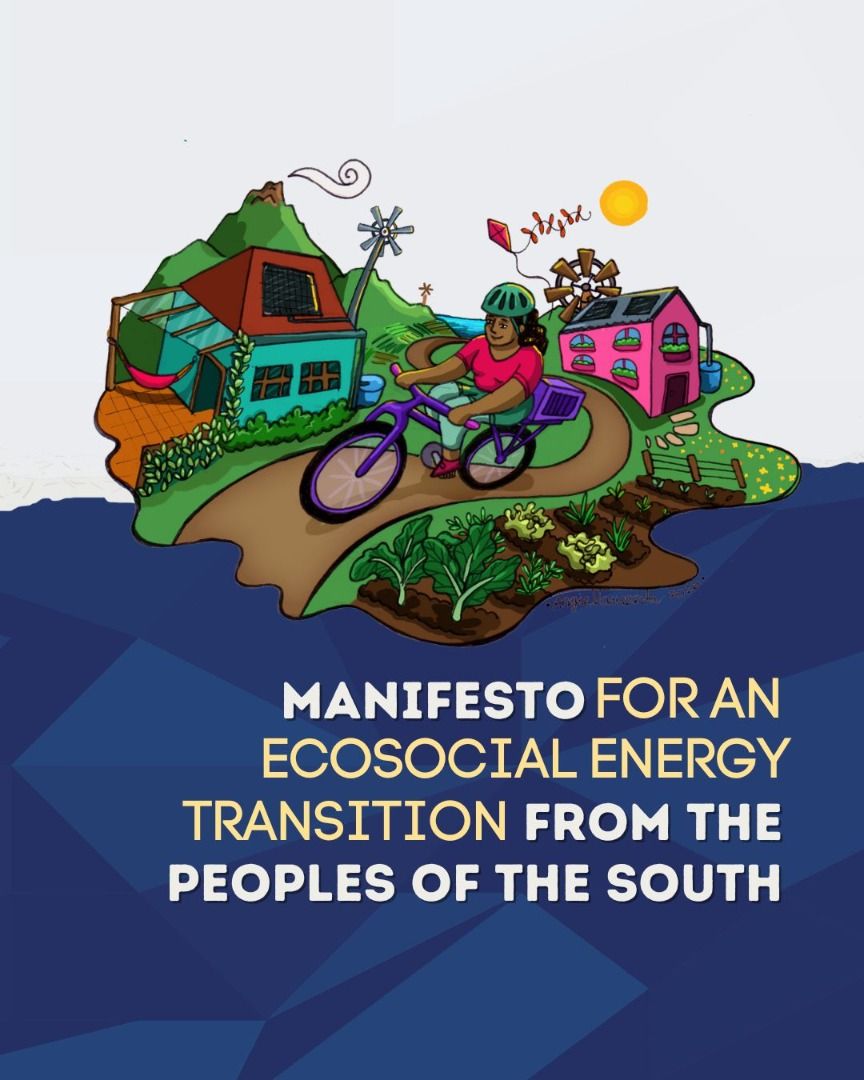Danke @jasonhickel für diesen Thread! Bitte lest u verbreitet... Er fasst das 5-Punkte Manifest von 170 niederl. Akademiker* zusammen: Wie sollte ökonomischer Wandel nach #Corona aussehen? Basierend auf #Postwachstum und #Degrowth
👇Die 5 Punkte auf dt.
👇Die 5 Punkte auf dt.
https://twitter.com/jasonhickel/status/1251146508709195780
1) Wandel weg von einer Wirtschaft, die auf BIP-Wachstum ausgerichtet ist, hin zu einer Differenzierung zwischen Sektoren, die wachsen sollen (wichtige öffentliche Bereiche, Erneuerbare, Bildung, Gesundheit) & Sektoren, die radikal schrumpfen müssen (Öl, Gas, Bergbau, Werbung...)
2) Aufbau einer auf Umverteilung abzielenden Wirtschaftspolitik, die ein bedingungsloses Grundeinkommen einführt, ein universelles Sozialsystem, starke progressive Besteuerung von Einkommen, Gewinnen u Wohlstand, Arbeitszeitverkürzung u Jobsharing und die Sorgearbeit anerkennt.
3) Transformation der Landwirtschaft hin zu einer regenerativen Landwirtschaft, die auf dem Erhalt der biologischen Vielfalt basiert, einer nachhaltigen und meist lokalen und vegetarischen Nahrungsmittelproduktion sowie fairer landwirtschaftlicher Arbeitsbedingungen und Löhne.
4) Konsum und Reisen reduzieren, mit einer drastischen Verlagerung weg von Luxus und verschwenderischem Konsum und Reisen hin zu grundlegendem, notwendigen, nachhaltigen und erfüllendem Konsum und Reisen.
5) Schuldenerlass, insbesondere für Arbeiter*innen und Kleinunternehmer*innen und für Länder des globalen Südens (sowohl von reicheren Ländern als auch von internationalen Finanzinstitutionen).
@beyond_ideology @ioew_de @WBGU_Council @Wupperinst @zoe_institut @gwoe @PluralEcon @oekoinstitut @Luisamneubauer @MuellerTadzio @FridayForFuture @NeueOekonomie @sven_giegold @jana_gebauer @SchickGerhard @Olaf_Bandt @bund_net @naturschutzring
• • •
Missing some Tweet in this thread? You can try to
force a refresh















